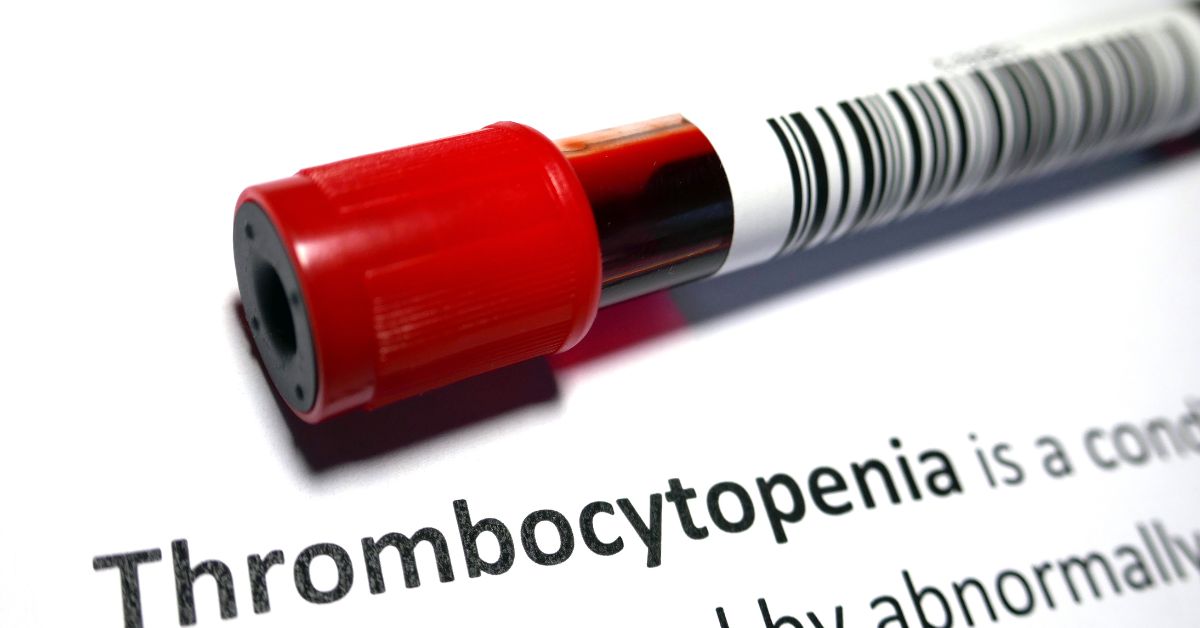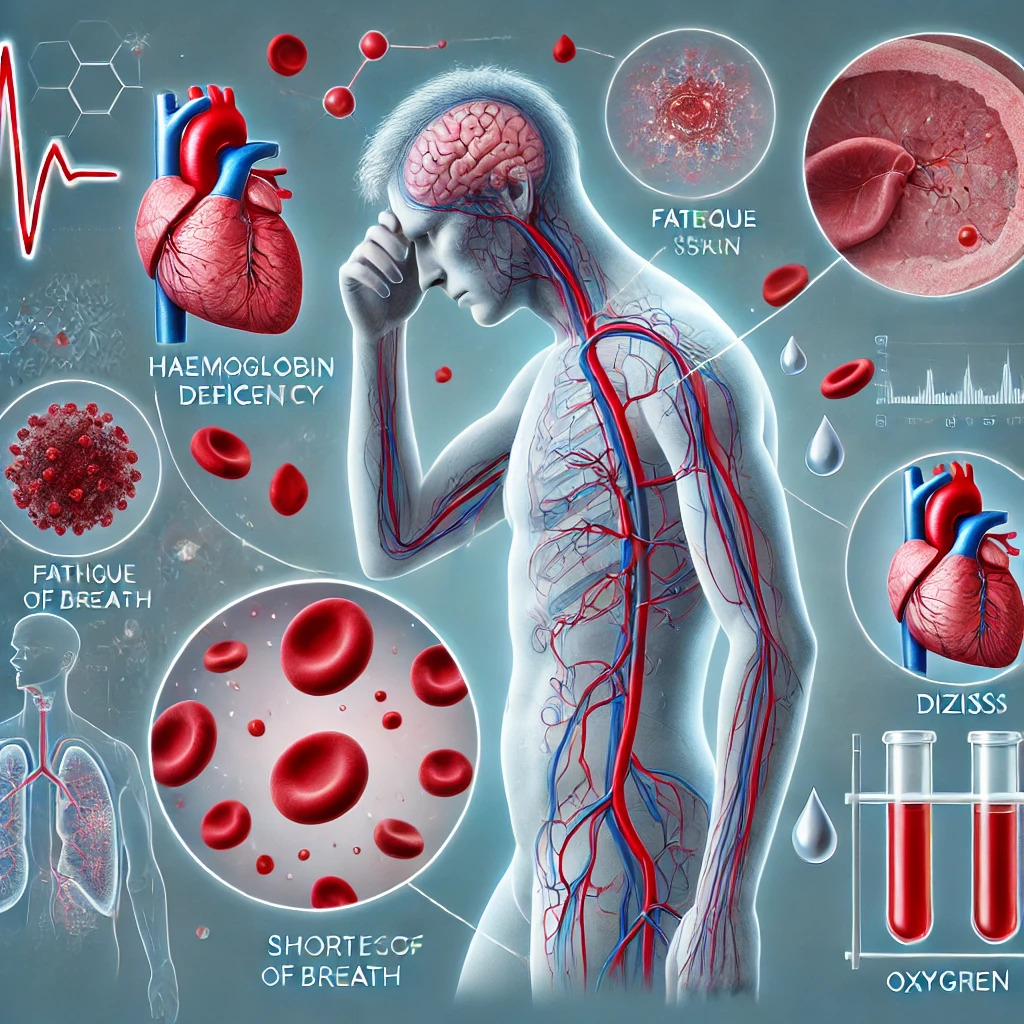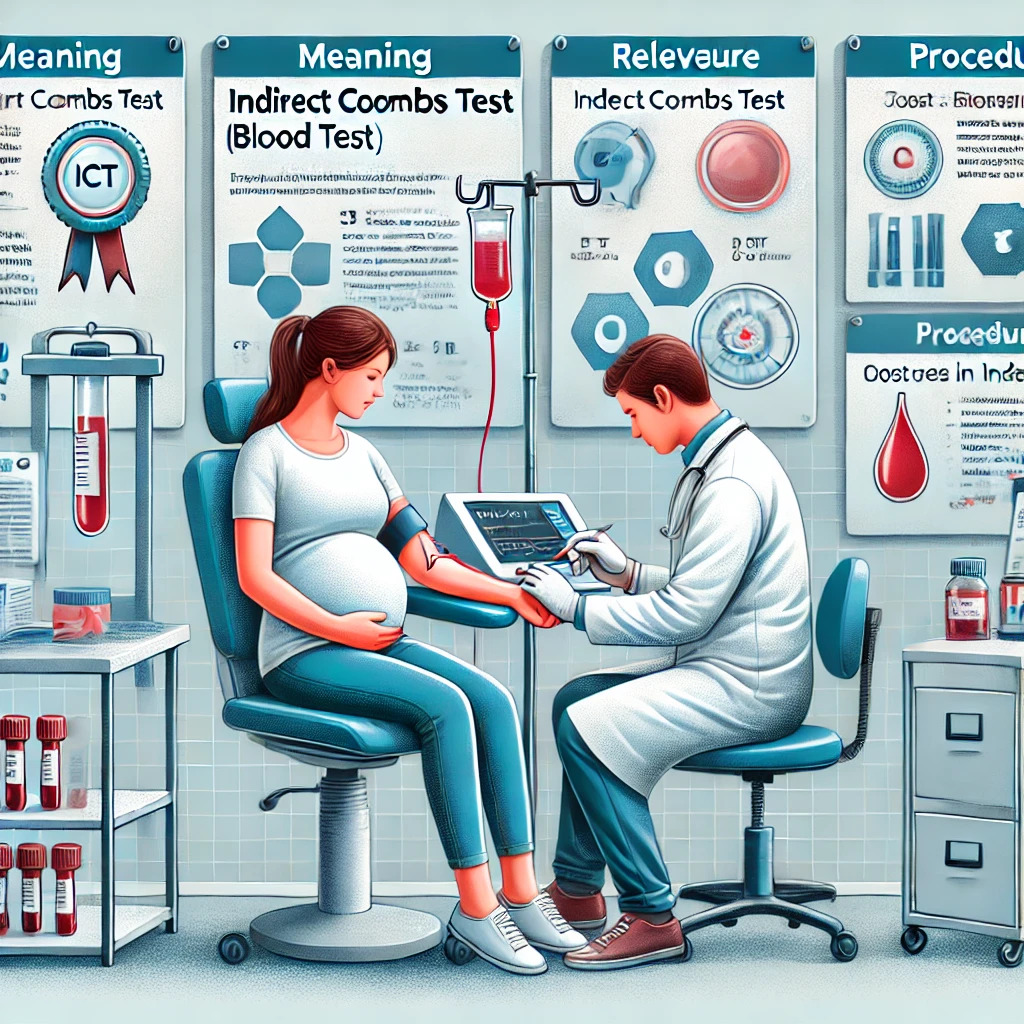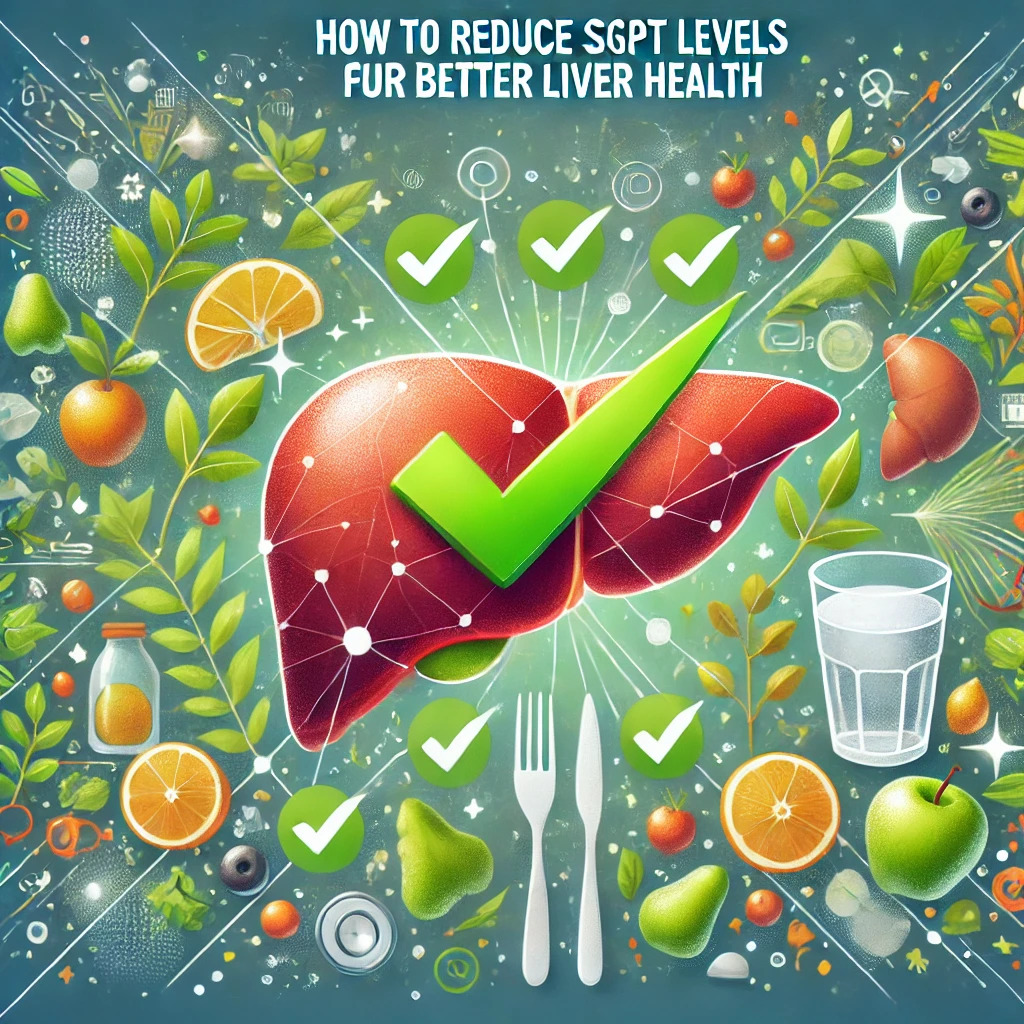Platelet Count Low Means - Symptoms, Causes, and Treatment

In this article, we will discuss platelet count low means and various symptoms, causes, and treatments. Thrombocytopenia, also known as low platelet count, is a condition where the number of blood platelets is lower than the normal range.
It can affect both adults and children due to different causes. It can be mild, showing few or no symptoms. It can be severe in rare instances, leading to internal bleeding. Treatment is available for this condition. Timely diagnosis is important and a simple lab test can detect platelet count low.
Overview
Platelet Count Low can occur as a result of lower numbers of platelets produced by the bone marrow. The body may be producing enough platelets but an infection or a disorder may cause their destruction. Or there may not be enough platelets in the blood circulation.
Platelets are responsible for Hemostasis and they form blood clots to stop bleeding. When there are not enough platelets in your blood, any bleeding can be hard to stop and you may bleed longer and more. Most people go undetected as mild Thrombocytopenia shows mild symptoms that may be missed. This condition may be diagnosed when you take a health checkup or when your doctor may be testing you for a health condition where platelet counts can drop.
People with severely low counts of platelets are at a high risk of internal bleeding in the gastrointestinal tract or brain. They may also be at an increased risk of heart issues as the blood flow to the heart may be affected. If you have been diagnosed with a low platelet count, you should avoid even minor trauma and injuries to avoid the risk of bleeding.
What is Platelet Count Low Means?
A normal level of platelets or normal platelet count range is between 150,000 to 450,000 per microliter of blood.
- When the levels are between 101,000 to 140,000 per microliter of blood, then it is mild Thrombocytopenia
- When the platelet levels are between 51,000-100,000 per microliter of blood, then one has moderate Thrombocytopenia
- Platelet levels between 21,000 to 51,000 per microliter of blood mean one has severe Thrombocytopenia
Platelet count Low symptoms and Signs
Thrombocytopenia or Platelet count Low symptoms and Signs depending on the severity and the underlying condition. These may include:
- Purpura or easy bruising
- Petechiae, which are tiny red or purple pinpoint dots on the lower legs
- Fatigue
- Enlarged spleen
- Bleeding gums
- Blood in urine
- Rectal bleeding
- Blood in stool
- Blood in vomit
- Unusually heavy menstruation
- Bleeding from cuts that take longer to heal
- In rare cases, there may be internal bleeding which can be spontaneous or due to a minor trauma
Platelet Count Low Causes and Types
The type of Thrombocytopenia can be divided into three types based on the etiology-
- Your bone marrow does not produce enough platelets
- Platelet production is normal, but they are either destroyed or used up due to a specific disorder
- Platelets get trapped in the spleen and enough platelets are not there in the circulation
Different causes that lead to platelet count low are:
- Different cancer treatments such as radiation and chemotherapy
- An enlarged spleen which causes platelet sequestration
- Bone Marrow diseases, including certain cancers like Leukaemia, Lymphoma
- Exposure to toxins like seen with pesticides, arsenic, and benzene can lower the platelet count
- Viral infections like HIV, Dengue, and Hepatitis C
- Some autoimmune diseases like Lupus, Rheumatoid Arthritis, etc
- Idiopathic Thrombocytopenic Purpura, where the exact cause is not known
- Chronic alcohol consumption
- Certain medications like anticonvulsants, some blood thinners, sulfa-containing antibiotics, etc
- Mild Thrombocytopenia may be seen in pregnancy in some people
- Hemolytic Uremic syndrome
- Severe bacterial infections
- TPP(Thrombotic Thrombocytopenic Purpura) in which blood clots are formed in small blood vessels in the body
Low Platelet Count Treatment
Timely diagnosis of a low platelet count and the underlying disease/factors responsible for it lead to prompt action and treatment.
Diagnosis will include a physical examination where the doctor or a healthcare provider will check for bruises, Petechiae/rashes, enlarged spleen, and other symptoms. This will be followed by your medical history, which will also include medicines, supplements, and treatments you take or took recently. You will be advised to get a CBC, peripheral blood smear, INR and blood clotting tests, etc. If a doctor suspects you have an infection, an autoimmune disease, or another condition, you will be advised to do advanced investigations which can include a blood culture, a bone marrow biopsy, etc.
Treatment
For some people, a platelet count low can last for days or years. Mild Thrombocytopenia does not require treatment in most cases.
For those who need treatment, the treatment will depend upon the underlying cause of low platelet count and the severity. The different treatments are:
- If the condition is due to a specific medication, the doctor may change the medication or alter the dose.
- You may be given a blood transfusion or platelet transfusion if the platelet count becomes too low. Transfusion can boost the platelet levels for around three days during which the condition might resolve or a repeat transfusion may be required.
- Steroids or stronger medications may be given to boost platelet count in those with immune system problems.
- If the problem is due to an enlarged spleen, the doctor may advise splenectomy
- TTP is a medical emergency where the patient may have to undergo plasma exchange.
You will be asked to avoid alcohol, to limit contact sports, and to avoid injuries.
Conclusion
If you think you have a low platelet count or have any symptoms of low platelet count, see a healthcare provider to get a checkup. If you have a condition, a family history, or are on a medication that can affect platelet counts, get a CBC and see your doctor. Screening and prevention are important and a simple CBC test may help you do that. Platelet Count Low can be treated and, in most cases, it is not something to worry about.
Reach out to us at O-Lab for a CBC test to check your platelet levels. If you need other tests for an underlying condition, check out our packages and tests. We provide the best facilities, a home collection facility, accurate reporting with quick turnaround time, and the most reasonable pricing.





